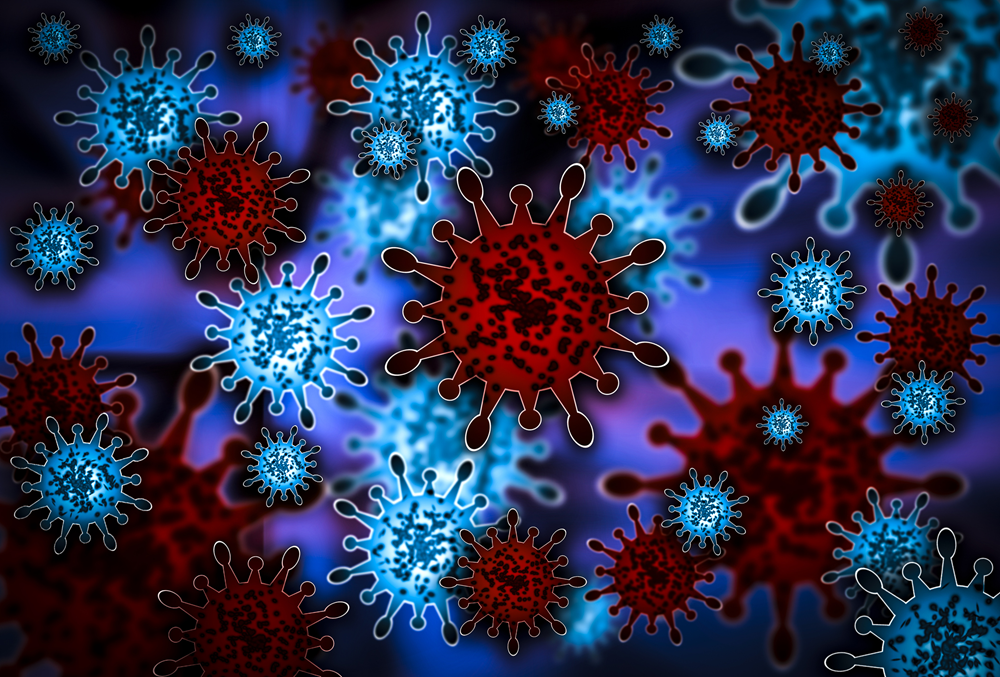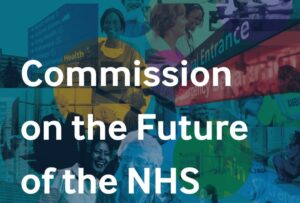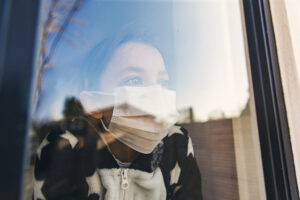
WHO updates its guidance on treatments for covid-19
New recommendations reflect the evolving nature of the virus and the changing role of covid-19 therapies
A panel of international experts representing the World Health Organization’s Guideline Development Group has updated its guidance on treatments for patients with covid-19.
The new recommendations published by The BMJ are part of a living guideline, developed by the World Health Organization with the methodological support of MAGIC Evidence Ecosystem Foundation, to provide up to date, trustworthy guidance on the management of covid-19 and help doctors make better decisions with their patients.
The guidance incorporates the latest clinical trial evidence for existing and new covid-19 therapies and takes account of evidence relating to safety, prognosis, resources, access, and equity issues, as well as patient values and preferences.
The updates include:
-
Distinct risk categories to help doctors more accurately assess whether an individual is at high, moderate, or low risk of hospital admission and tailor treatment accordingly.
-
A new treatment benefit threshold of 1.5% (down from 6%) reduction in the risk of hospital admission. This reflects the lower baseline risk for most patients with non-severe covid-19 as well as more safety evidence and wider availability of therapies.
-
A recommendation to use the antiviral drug nirmatrelvir-ritonavir in patients with non-severe covid-19 at high and moderate risk of hospital admission.
-
A recommendation against use of the antiviral drugs remdesivir and molnupiravir for patients with non-severe covid-19 at moderate and low risk of hospital admission (treatment is suggested for patients at high risk of admission).
-
A recommendation against use of a new antiviral (VV116) for patients with covid-19 except in clinical trials, regardless of illness severity.
-
A strong recommendation against the use of ivermectin for patients with non-severe covid-19 (advice against use of ivermectin in patients with severe or critical covid-19, except in clinical trials, still exists).
The experts say the new recommendations reflect changes in the virulence and transmissibility of circulating SARS-CoV-2 variants and sub-variants, along with changes in immunity related to global vaccinations, which have led to lower baseline risks of severe illness and death for most patients with non-severe covid-19.
They acknowledge that there are still uncertainties around covid-19 therapeutics and emerging evidence and say these recommendations need to be used in light of these uncertainties.
An interactive decision support tool is available to accompany this guidance.
[Ends]
10/11/2023
Notes for editors
Rapid Recommendations: A living WHO guideline on drugs for covid-19 doi: 10.1136/bmj.m3379
Journal: The BMJ
Funding: UNITAID
Link to Academy of Medical Sciences press release labelling system: http://press.psprings.co.uk/
Externally peer reviewed? Yes
Evidence type: Clinical practice guideline
Subjects: Drugs for covid-19





